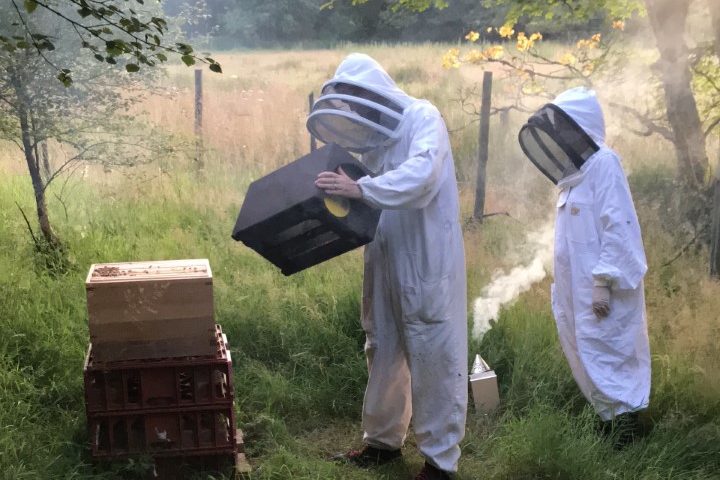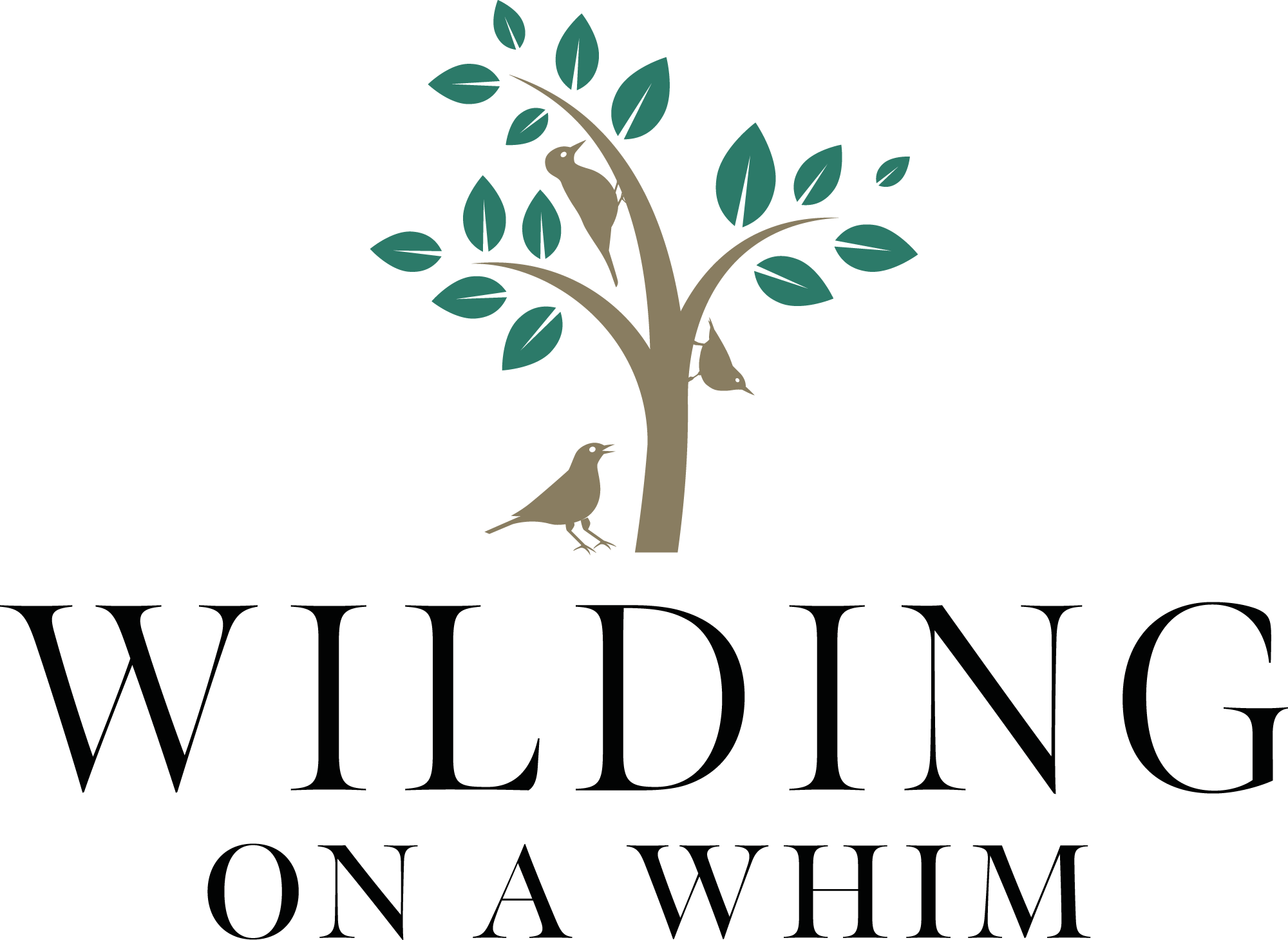Sustainability
When we think of a sustainable lifestyle visions of lush, productive gardens, cosy wood stoves crackling with hand-split hardwood, provisions lining the pantry shelves, and healthy animals moving through the fields all dance in our heads backed by the resounding questions: Is it actually possible? What do I need to do to get there? How did the homesteaders of the past make it work?
Those who want to start living in a more self-sufficient manner have many good reasons to do so. Whether you are motivated to take less of a toll on the environment by your style of living, feel sick of the dependency that modern society has doled out to you as the “way to live,” want to eat safe, clean, organic food in a sustainable matter, or just wish to simplify and get back in touch with nature.
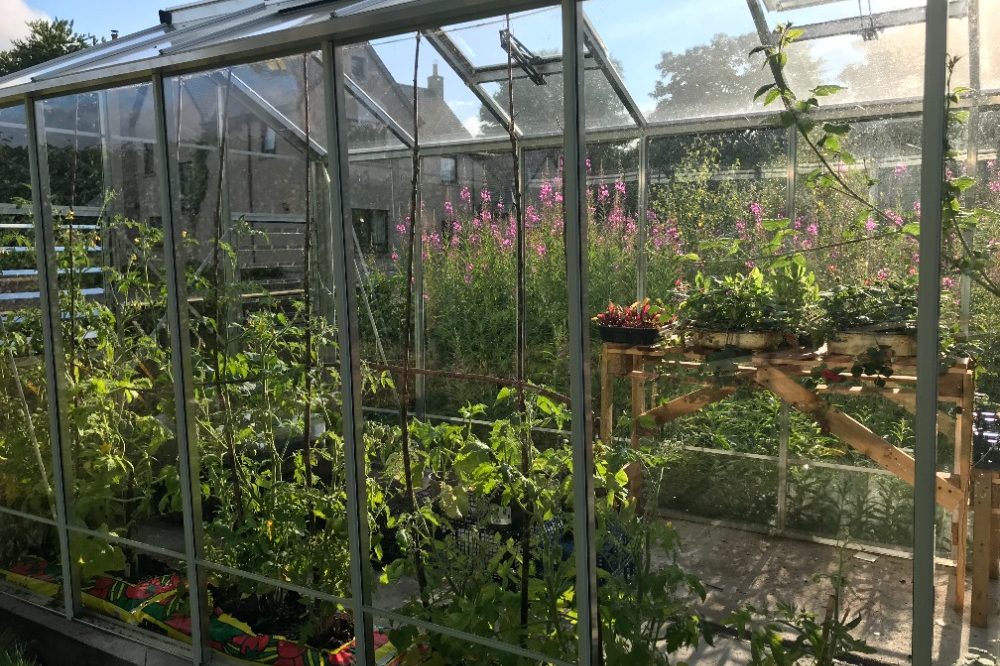
What we have aimed to do here is make it an adventure. Seeing what we can reclaim and add to our repertoire as the seasons and years progress. Every step forward has been a learning curve, but every little bit that we are able to do helps us on our journey.
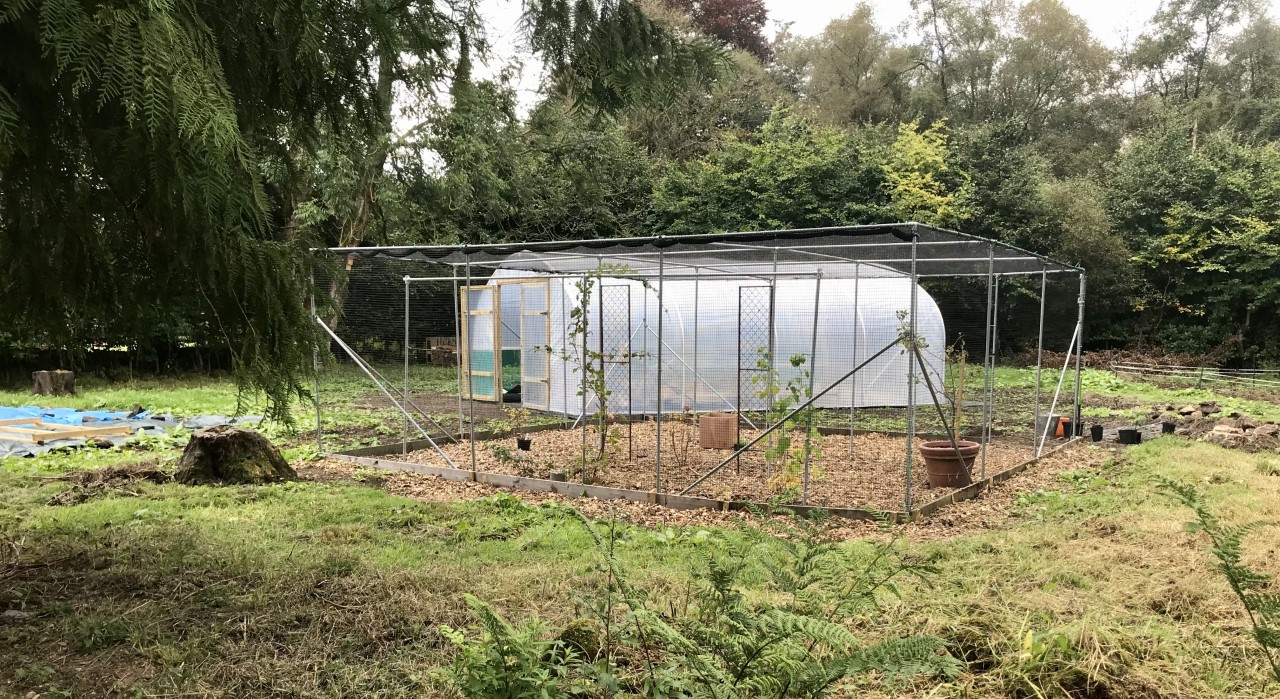
The place that we have started, is with food. Self-sufficiency can and does cover many areas beyond food, but it is probably the foundation of the entire endeavour. We have learnt so much since being here and we are very much at the beginning of our journey. We have been so fortunate to be supported by so many fantastic people who have helped us to learn more and develop new skills.
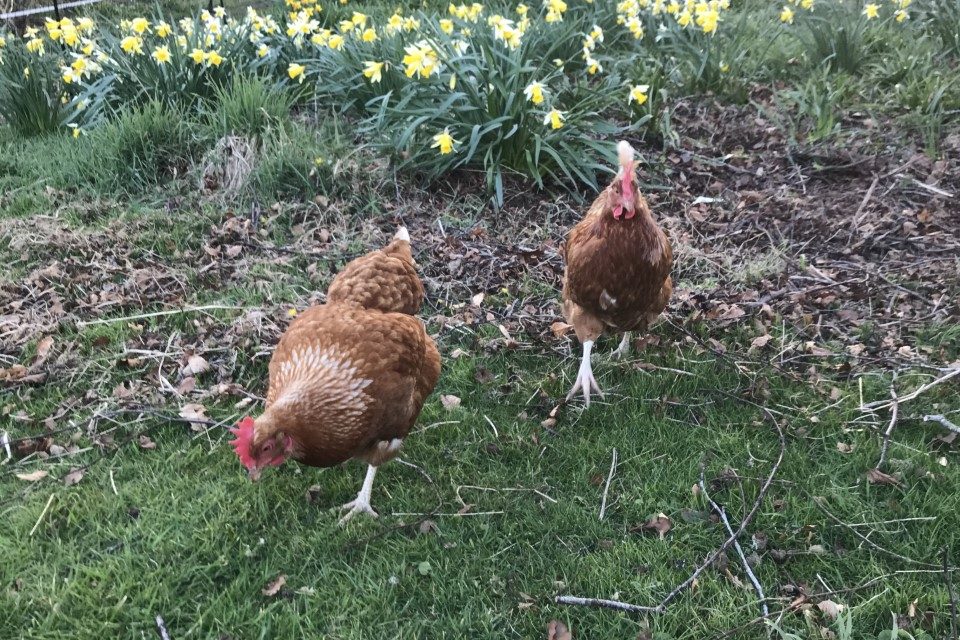
Our newest addition to the homestead has been our colony of bees, courtesy of West Linton Bees Association. These have been another therapeutic and fascinating adventure. All our animals provide us with the at least three basic uses as well as the joy of watching and petting them. These include ploughing, composting, providing us with food and pollinating our land and crops thus attracting biodiversity.
